Search
Search within Conflict
234 results found
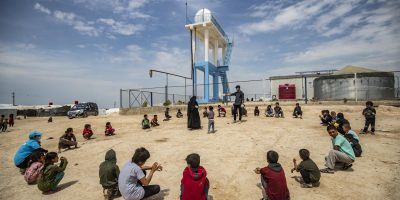
Briefings
Operational Considerations: COVID-19 and Forced Displacement in the Middle East and East Africa arfrsw
Summary including collaborating with local groups and adopting holistic approaches.
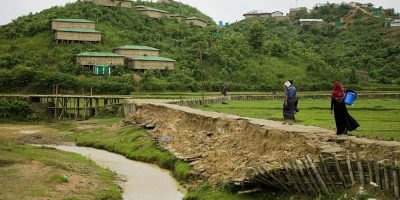
Briefings
COVID-19 in the Context of Conflict and Displacement – Myanmar
Key considerations focusing on how conflict, displacement and inter-communal tensions may influence disease control in Myanmar.

Briefings
Xenofobia y Discriminación Hacia Refugiados y Migrantes Venezolanos en Ecuador y Lecciones Aprendidas para la Promoción de la Inclusión Social
La crisis política y económica en Venezuela ha transformado al país desde 2010 de un país receptor de inmigrantes a un país emisor de emigrantes. Más de 4,000 venezolanos ingresan a Ecuador cada día, y actualmente la población de venezolanos…
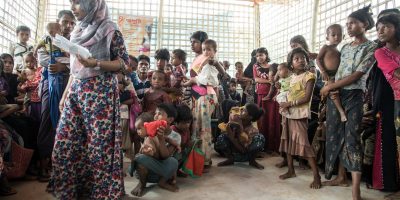
Background Reports
Gender-Based Violence Among Documented Rohingya Refugees in Bangladesh
The Rohingya, a Muslim minority group from the northern part of Rakhine State (formerly Arakan) in Myanmar, is among the most vulnerable of the world’s refugee communities. This study aims to shed light on gender-based violence among documented Rohingya refugees…
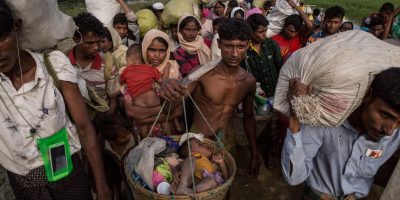
Evidence Reviews
Social and Cultural Factors Shaping Health and Nutrition, Wellbeing and Protection of the Rohingya Within a Humanitarian Context
More than half a million Rohingya refugees, 60% of them children (UNICEF 2017), have crossed the border into Bangladesh, joining refugee camps or settling informally, and are in dire need of basic services such as food, health care, and protection.…
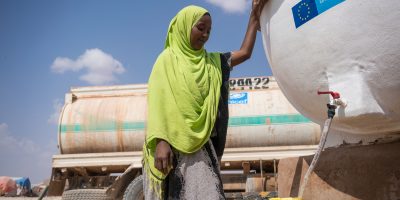
Briefings
Guidance Note 1: Contextual Factors and Risks to Cholera/AWD Transmission in Somalia and the Somali Region of Ethiopia
The purpose of this guidance note is to support UNICEF staff in understanding the contextual factors (the practices, behaviours, social norms and wider factors) that shape risks of cholera transmission, being able to separate the social and cultural factors from…
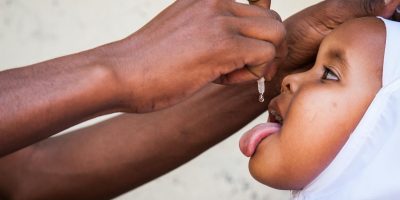
Briefings
Guidance Note 2: Seeking Treatment for Cholera in Somalia and the Somali Region of Ethiopia: Contextual Factors
The purpose of this guidance note is to support UNICEF staff in understanding the contextual factors (the practices, behaviours, social norms and wider factors) that shape risks of cholera transmission, being able to separate the social and cultural factors from…

Background Reports
Ethno-Demographic Dynamics of the Rohingya-Buddhist Conflict
Ethno-demographic grievances define the conflict between Buddhist and Rohingya-Muslim populations in the Rakhine State of Myanmar. Due to the government’s decision to avoid the enumeration of self-identifying Rohingya, this study has relied on several recent local surveys to reconstruct a…
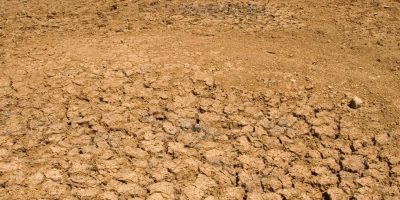
8 Critical Factors Behind Every Food Crisis
From the beginning of time, their have been food crises in one form or another. Ancient books such as the Bible have records of various famines devastating portions of the world. And while it’s easy to attribute these crises to…

Background Reports
Somalia Livelihood Profiles
In Somalia, Food Security and Nutrition Analysis Unit (FSNAU) - a multi-donor project managed by the Food and Agriculture Organization of the United Nations) and FEWS NET are working together to ensure that livelihood products, tools, and skills meet FSNAU’s…
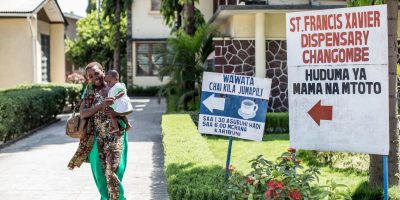
Background Reports
Preventing and Coping with HIV/AIDS in Post-Conflict Situations: Gender-Based Lessons
This briefing note summarises the rationale behind a symposium held in South Africa, which objectives were: to provide a quick overview of gender-sensitive practices which have been effective in preventing and coping with HIV/AIDS in communities in the aftermath of…
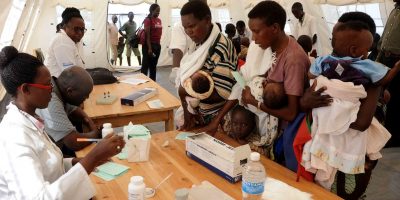
Background Reports
Prioritising Health Activities in Humanitarian Crises
The Sphere Humanitarian Charter states that: All people should have access to health services that are prioritised to address the main causes of excess mortality and morbidity. There are a number of handbooks to aid prioritisation in crisis situations (highlighted…


